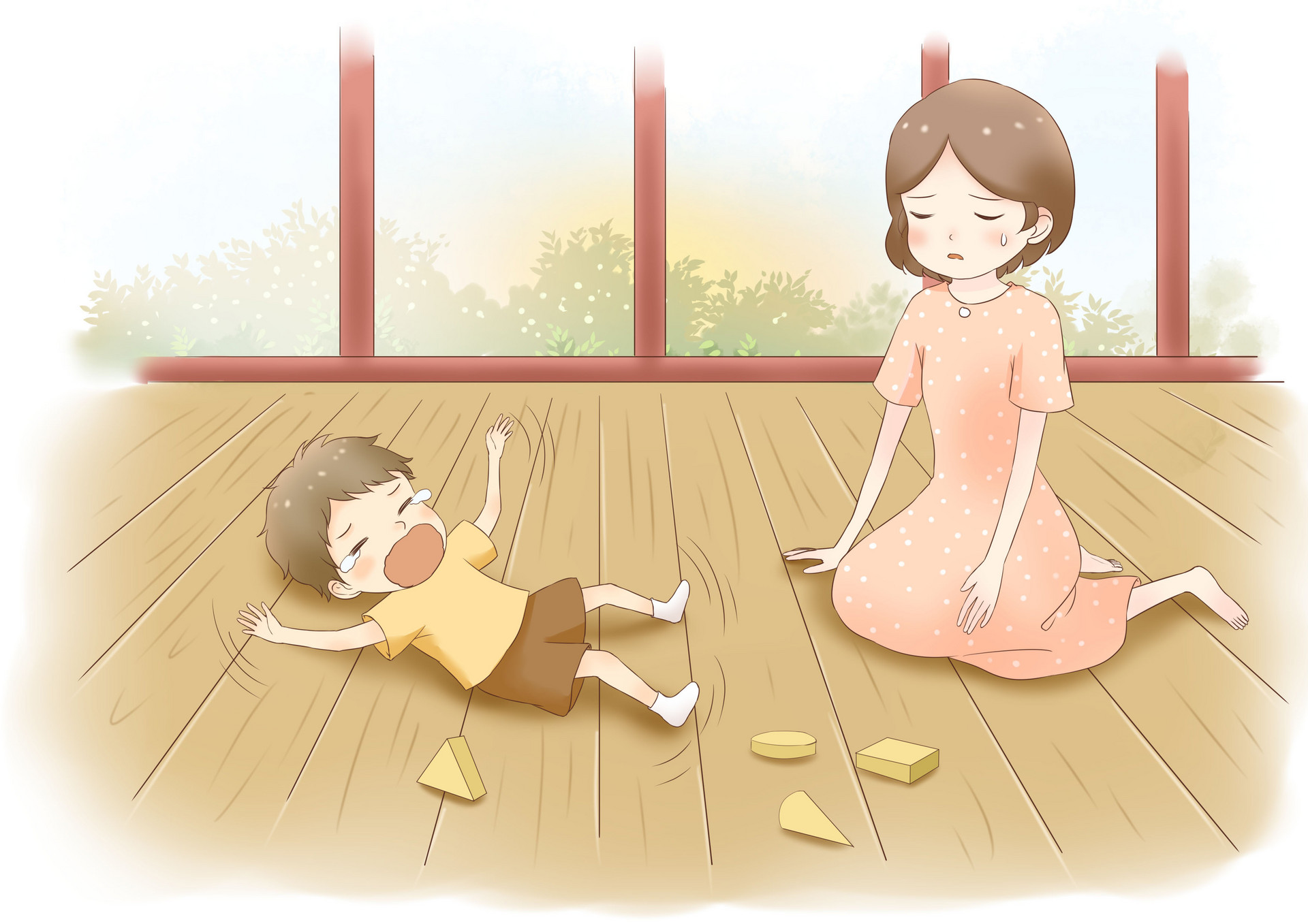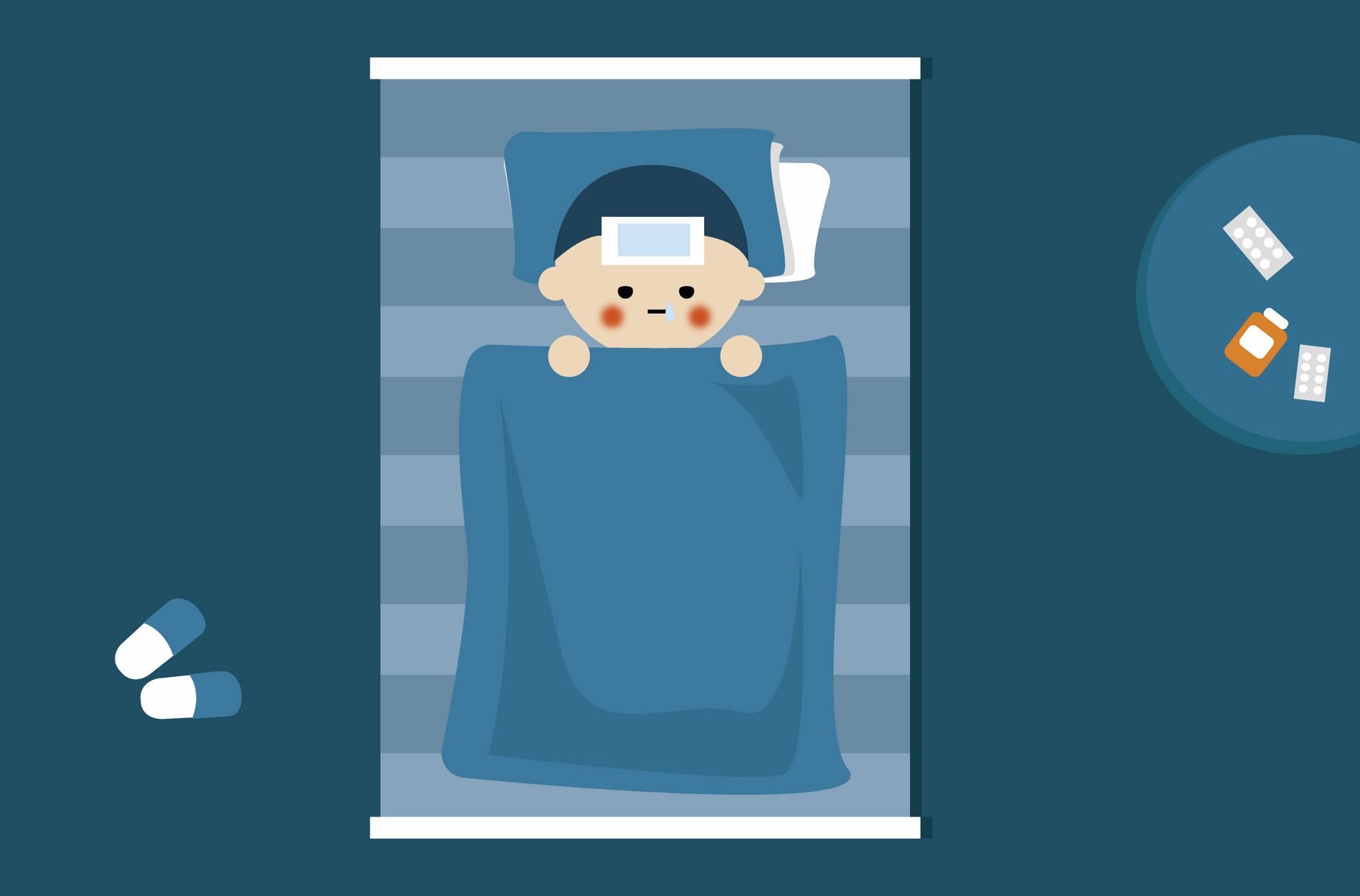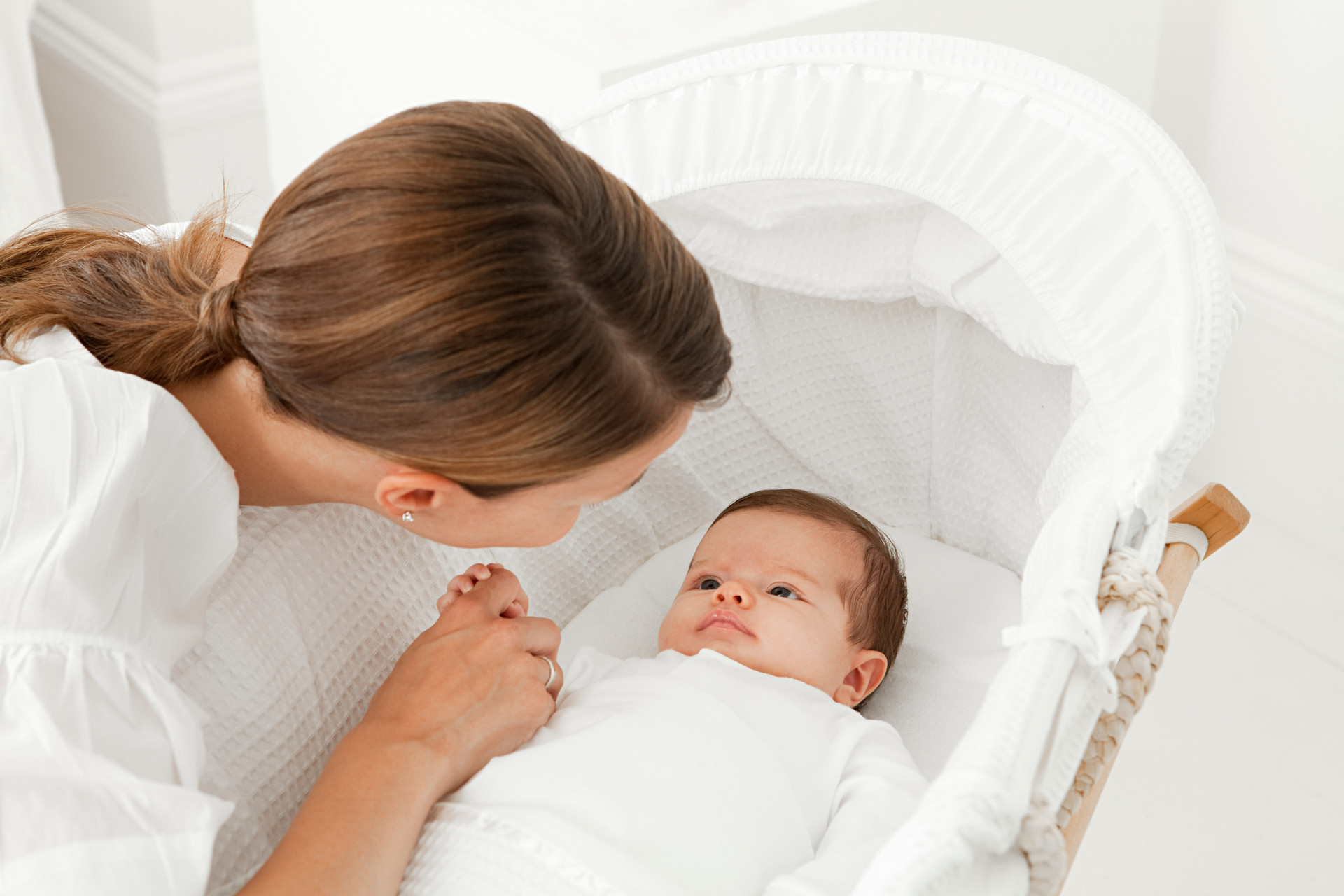The process of nurturing life is a miraculous thing. Having a baby in the family brings joy to everyone. However, it is well known that babies often get sick during their growth period, and hand, foot, and mouth disease is a common illness among babies in the summer. So how should we treat a baby with hand, foot, and mouth disease?
1. Drink plenty of water
Once you discover that your child has hand, foot, and mouth disease, if it is a mild case, you can give them some traditional Chinese medicine to clear heat and toxins, encourage them to drink water, and replenish fluids in a timely manner. If your child has a slightly higher body temperature, you can give them some fever-reducing medicine. Feverish children should rest in bed, and those with low-grade fever should reduce activities as appropriate. Pay attention to oral hygiene, and change clothes promptly after fever or sweating to prevent getting cold.
2. Oral hygiene
The mouth is the most affected area, with over 90% of children with hand, foot, and mouth disease experiencing damage to the oral mucosa. Children may refuse to eat, drool, cry, and have difficulty sleeping due to oral pain. It is important to maintain oral hygiene by rinsing with saline before and after meals. For children who cannot rinse, gently clean the oral cavity with a cotton swab dipped in saline.
3. Skin care
Children with hand, foot, and mouth disease may have multiple or even widespread inflammatory papules and vesicles on their skin, aggravated by sweating. The rash can become infected due to scratching, and the oozing of vesicular fluid can spread the virus. Therefore, bathe the child every evening and change into soft cotton underwear. Do not use soap or body wash during bathing. Trim the child's fingernails and toenails. Wear long-sleeved shirts and pants to cover the hands and feet.
4. Light diet
Give the child high-calorie, high-protein, easily digestible liquid or semi-liquid foods such as porridge and noodles. Since the child has mouth ulcers and is in pain, it is best to serve the food slightly warm to slightly cool. Avoid excessive saltiness to reduce irritation to the oral ulcer. Avoid spicy foods and try to eat light and easily swallowed food. According to the doctor's advice, feed the child anything he can eat because his mouth is painful and his appetite is poor. However, it is still best to avoid seafood and other allergenic foods.
5. Get plenty of rest and proper ventilation
Keep the body temperature stable, but allow the child to sleep more. The child will often want to take a nap after eating and playing for a short while. After waking up, take them to a well-ventilated area outdoors and avoid contact with other children to prevent transmission to others.
For children, hand, foot, and mouth disease can have a significant impact, so it is important for parents to take preventive measures. Once the baby has hand, foot, and mouth disease, it is not advisable for parents to treat the child themselves. It is best to take the child to the hospital and listen to the doctor's advice. The doctor will provide appropriate advice based on the child's condition.












